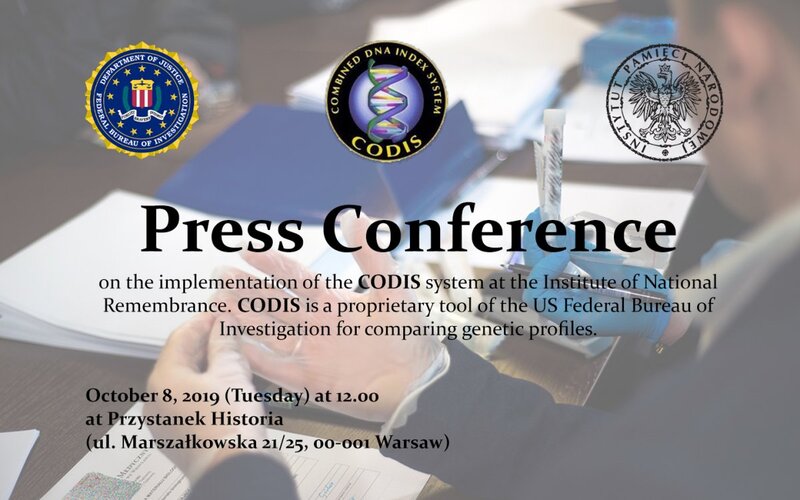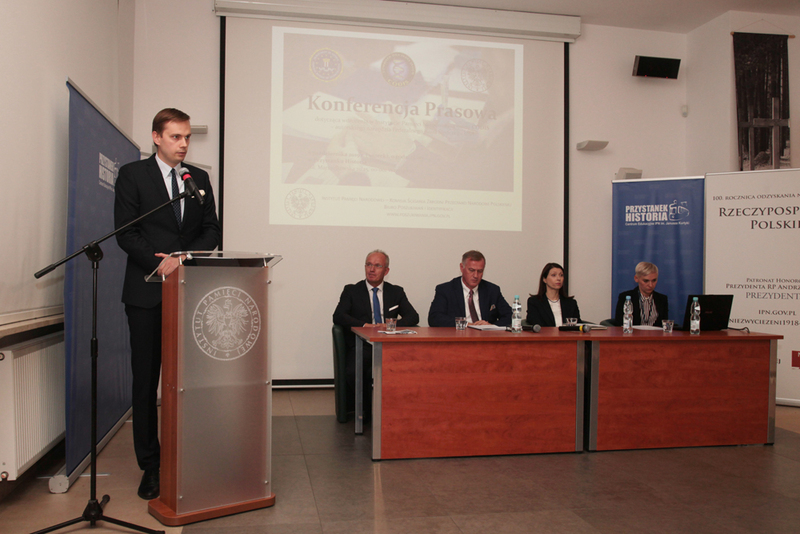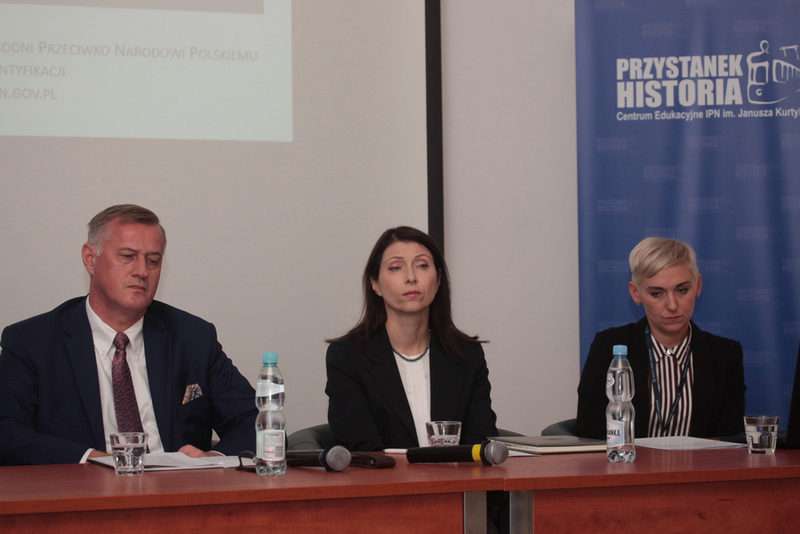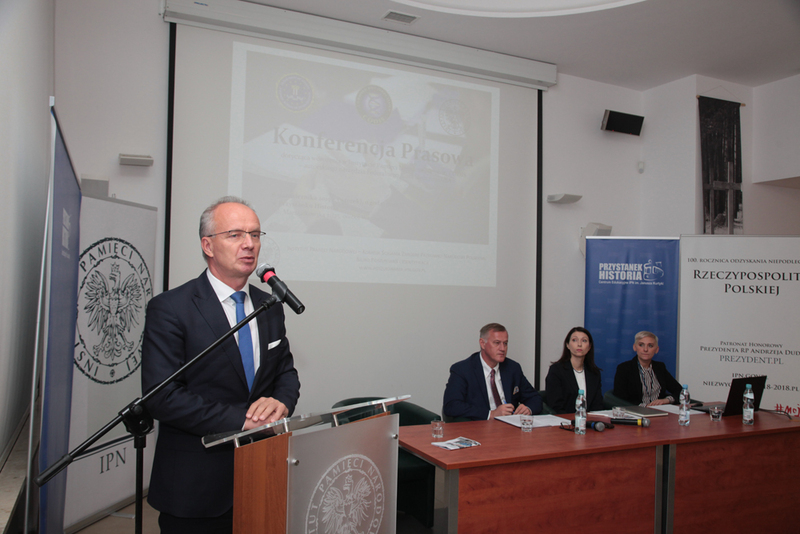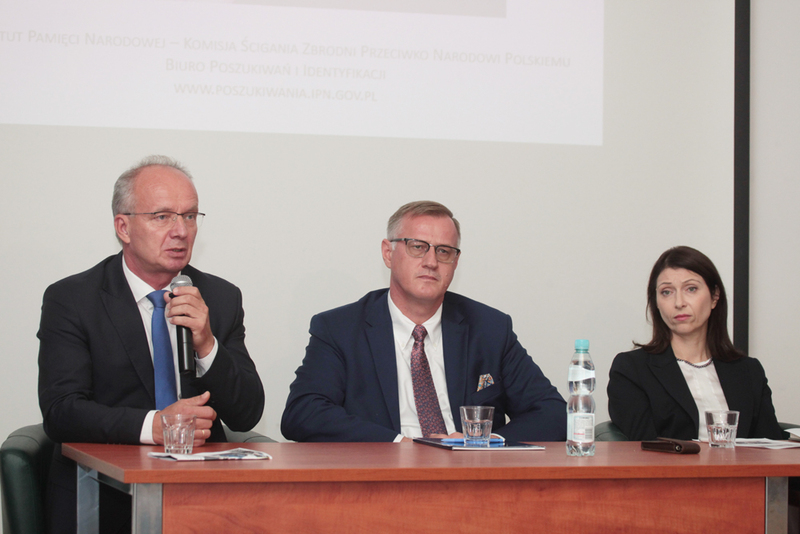The IPN would like to send out its invitation to a press conference devoted to the introduction of the CODIS system at the Institute of National Remembrance. CODIS, developed by the FBI, is a useful tool used for comparing genetic profiles. Its implementation can significantly improve the process of identifying victims of totalitarian regimes, whose remains are searched for and found by the Institute of National Remembrance.
Under the cooperation agreement between the Institute of National Remembrance and the US Federal Bureau of Investigation (FBI), the installation of the CODIS system used for conducting advanced comparative analyzes of DNA profiles for individual identification, was carried out at the Institute.
The implementation of CODIS will enable a much faster proces of the comparison of genetic profiles registered in the IPN Genetic Material Database, which in turn will allow us to identify more victims of totalitarian regimes found by the Institute. The Institute of National Remembrance is the second institution in Poland, alongside the Central Forensic Laboratory of the Polish Police, to use CODIS.
The conference is going to be attended by the Deputy President of the IPN, Prof. Krzysztof Szwagrzyk, the Director of the Chief Commission for the Prosecution of Crimes against the Polish Nation, Deputy Prosecutor General Andrzej Pozorski as well as the Head of the Identification Department of the IPN’s Office of Search and Identification, Dr Magdalena Krajewska.
